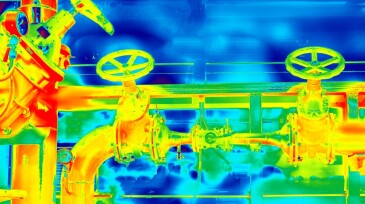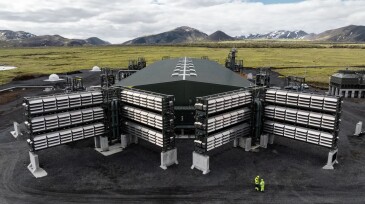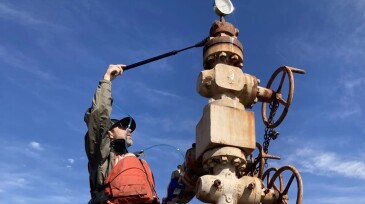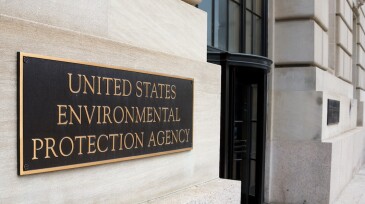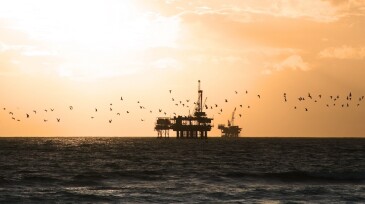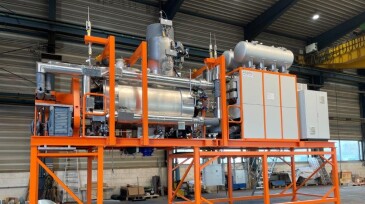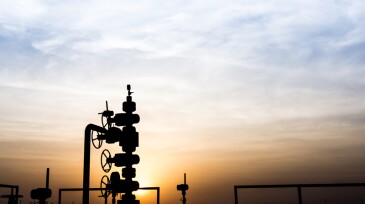Environment
The newly named MTS brings together the full methane ecosystem, end to end—connecting technology, data, operations, and assurance across upstream, midstream, and beyond.
This paper details a data-driven methodology applied in Indonesia to enhance flare-emission visibility and enable targeted reduction strategies by integrating real-time process data with engineering models.
This study presents the development of a biodegradable surfactant developed using principles of environmentally friendly chemistry from natural sources. The goal is to develop an effective and environmentally friendly surfactant that can emulsify and disperse oil to reduce its effects on marine environments.
-
This article explores the implementation of artificial intelligence vision for leak monitoring automation in the oil and gas industry and its role in improving safety standards, operational efficiency, and environmental performance.
-
This paper investigates the use of machine learning to rapidly predict the solutions of a high-fidelity, complex physics model using a simpler physics model.
-
Definition and call for participation in the 11th Society of Petroleum Engineers Comparative Solution Project, which is motivated by the immense challenge of achieving geological carbon storage at a scale that impacts significantly atmospheric emission of carbon dioxide.
-
The plant is designed for a capture capacity of up to 36,000 tons of CO₂ per year once in full swing by filtering CO₂ from the air and storing it permanently underground. The company is also developing multiple megaton hubs in the US.
-
Companies are rushing to inject carbon into Louisiana’s ground, but will thousands of abandoned wells allow it to escape?
-
The revisions to the Greenhouse Gas Reporting Program aim to bring greater transparency and accountability for methane emissions from oil and natural gas facilities.
-
Offshore Energies UK and Xodus are launching an offshore nesting bird census to get a better understanding of how the animals use oil and gas structures in an effort to protect them.
-
The volume reduction of naturally occurring radioactive material waste with indirectly heated vacuum distillation has been overlooked in research as a viable treatment option. This paper describes several key assessment factors that will allow a more detailed understanding of the benefits of that option.
-
SponsoredThe oil and gas industry makes up 40% of all anthropogenic methane emissions because of leaks at the wellsite. Fortunately, the well pad is often where methane emissions are easiest to address through a mitigation strategy of optimized maintenance and process control—all enabled by instrumentation insight.
-
Heightened focus on methane emissions management spurs a new conceptual framework to aid in determining the duration of detected methane emissions, data that may be useful to stakeholders responsible for measurement-informed emission protocols.




